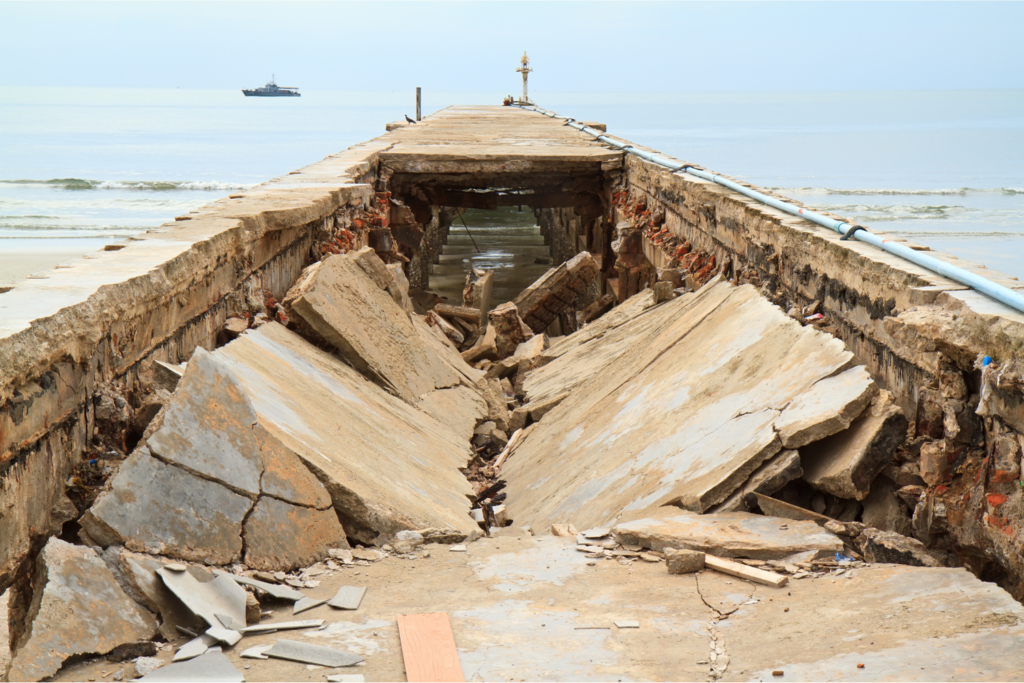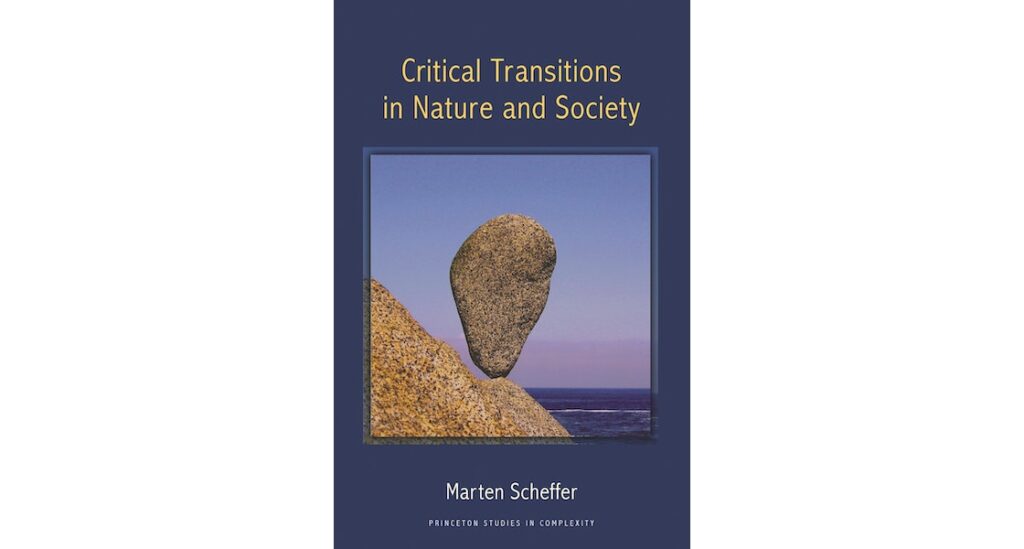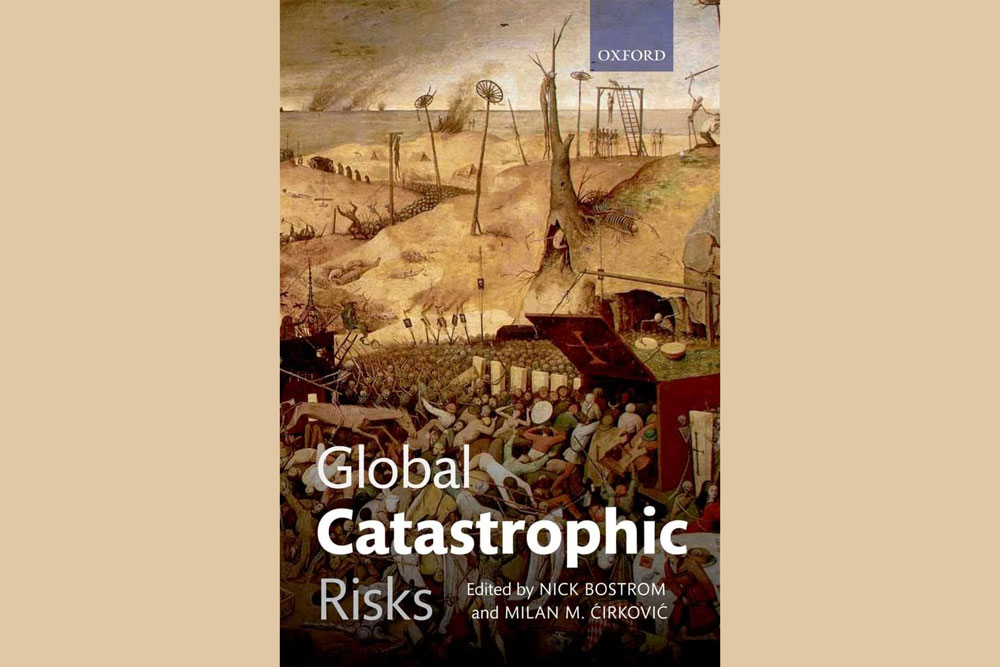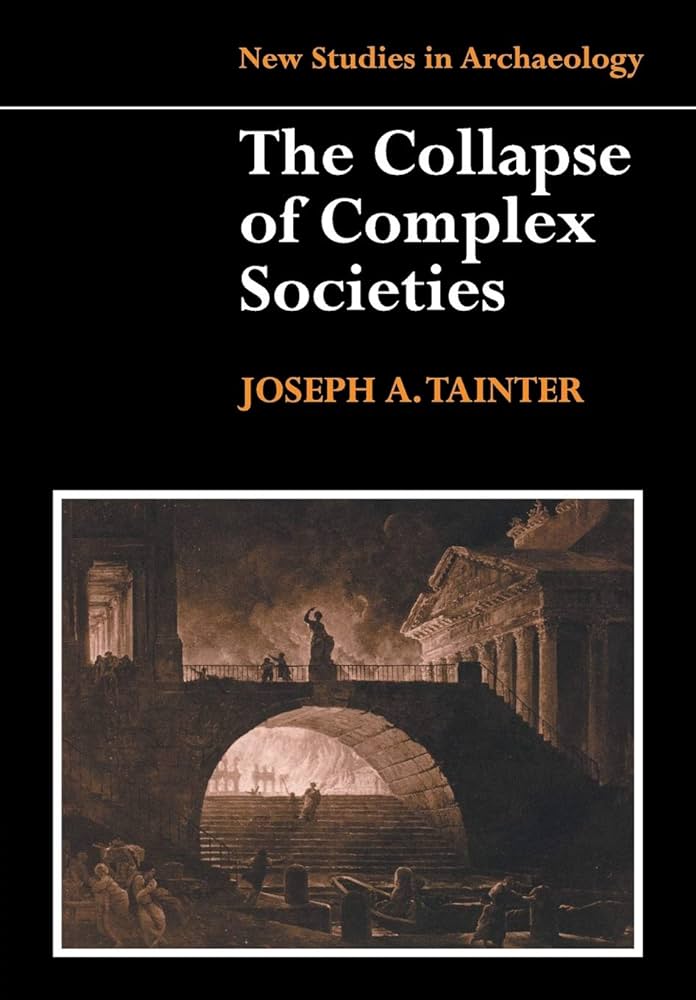How Everything Can Collapse: A Manual for our Times
Pablo Servigne and Raphaël Stevens confront the possibility of civilizational collapse within our lifetimes, examining scientific evidence of growing systemic crises. They connect abstract scientific findings to everyday experiences, linking the Anthropocene to our daily lives.
How Everything Can Collapse: A Manual for our Times Read More »








